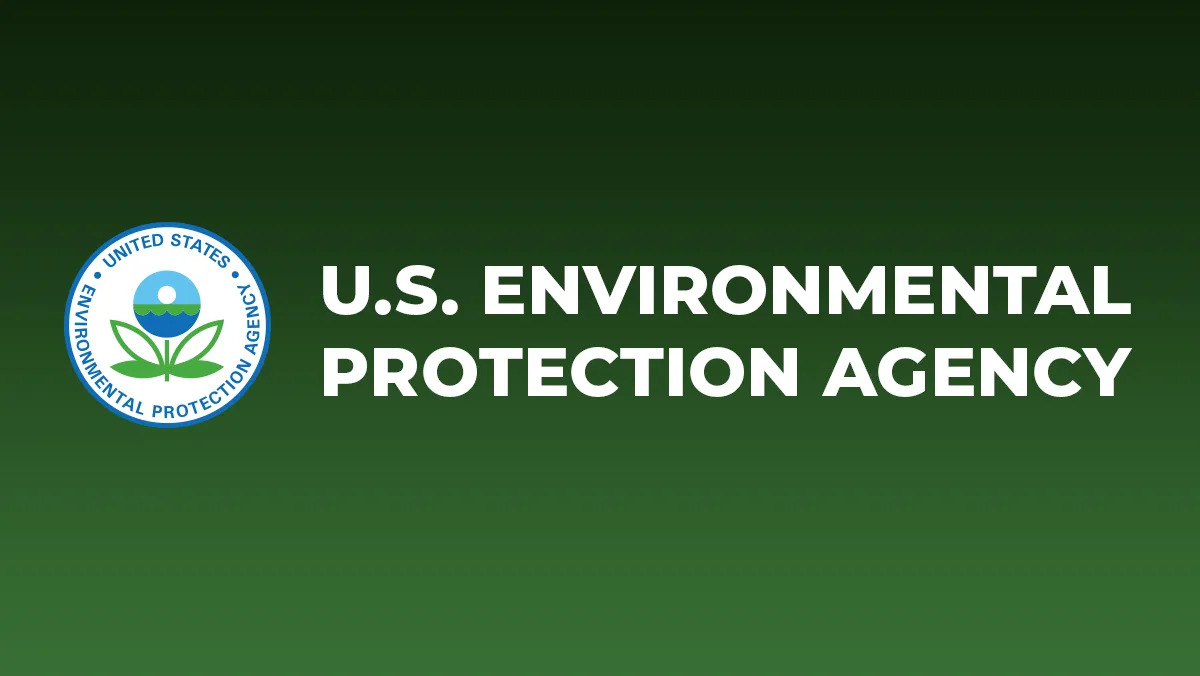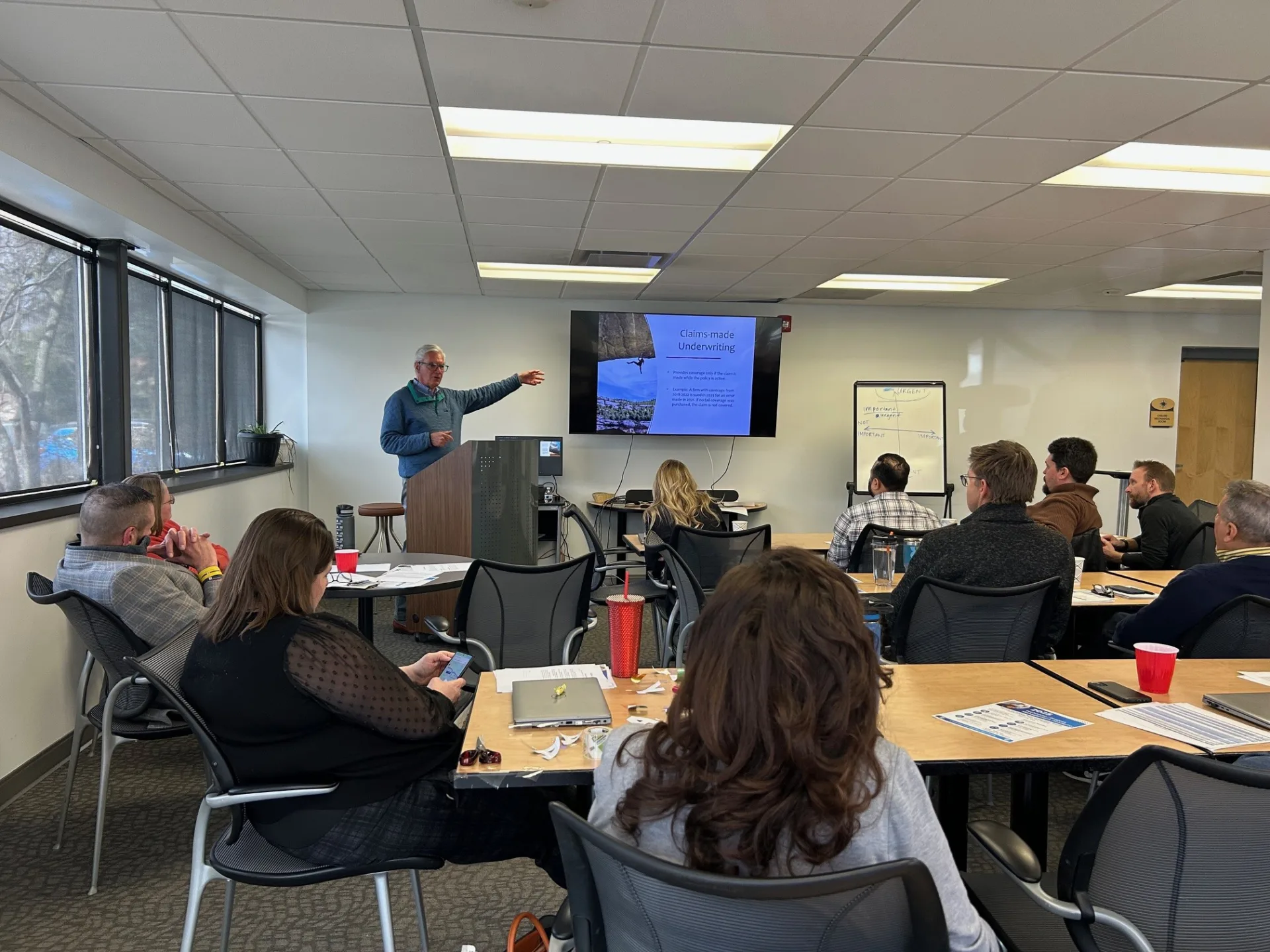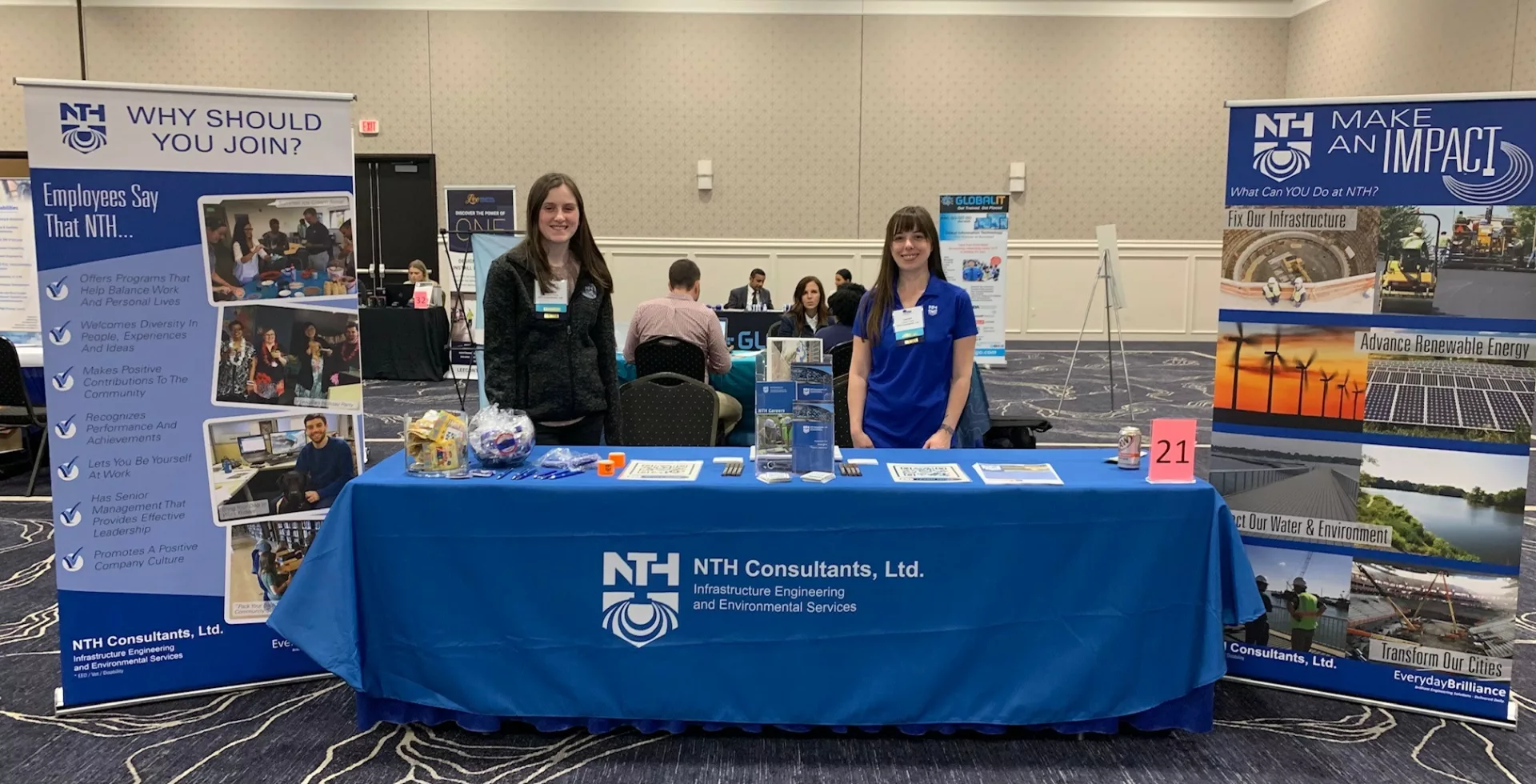On March 12, 2025, U.S. EPA announced its “Biggest Deregulatory Action in U.S. History,” looking to rollback 31 environmental regulations for greenhouse gas emissions, utility and vehicle emission standards, and water protections and chemical discharge regulations. The changes align with the broad trend of the current Administration to reduce regulatory burden while promoting economic growth; however, such actions also present complex challenges for organizations to balance compliance with evolving regulatory applicability and policy changes that can shift over time.
With these changes comes uncertainty and risk to manufacturing, industry, utility, and municipalities across the U.S. The NTH Permitting and Compliance staff are equipped and ready to provide support as Trusted Advisor to navigate these changes.
U.S. EPA’s reconsiderations cover numerous changes from the last few years of regulations. Below are just a few of the major topics to consider as your business seeks to understand the impacts of this U.S. EPA action.
Interpreting the New Regulatory Landscape
Regulations are often inherently complex, and these reconsiderations add to that complexity. The first step is understanding what regulations apply, whether you have an existing facility subject to various rules or your company is seeking to construct a new facility or process – these regulations impact decision-making at all levels of an organization. Our Permitting and Compliance team can provide guidance to the practical impacts of these changes by providing regulatory analysis specific to your industry, operations, and/or permits applicable to your facility. By obtaining additional understanding of the regulatory applicability (and changes) to your facility, your company can make more informed decisions about its operations and compliance activity.
Even with U.S. EPA rollbacks, certain states may maintain stricter environmental standards. NTH’s Trusted Advisors remain active in Industry and Government stakeholder groups to keep a pulse on state-level actions, policy, and decisions that can impact facilities in different ways that are independent of U.S. EPA’s action.
Permit Compliance and Inspections
With fewer regulatory constraints, businesses may have opportunities to optimize operations by updating permits or internal compliance procedures and guidelines to reflect the latest regulatory applicability.
Education to internal and external stakeholders is important. As these regulatory changes begin to reshape compliance demonstrations, it’s important to be ready for compliance inspections from local and state level authorities. Educating internal stakeholders can serve to identify certain activities impacted by U.S. EPA’s reconsiderations (and whether they’re still required); however, it’s equally important to keep in mind that the local or state inspectors are also working to keep up with U.S. EPA’s changes. Our team can help your company be prepared to answer questions both internally and externally regarding applicable requirements to make your compliance inspections successful.
Environmental, Social, and Governance (ESG) Considerations
While federal rules may be loosening, many investors, customers, and stakeholders continue to demand strong ESG performance. Your company may require a unique balance of regulatory flexibility and internal corporate expectations/requirements to take a common-sense approach. Our team can provide support to find such balance and guide your business in maintaining voluntary sustainability initiatives that appeal to investors and consumers.
Conclusion
While the U.S. EPA’s regulatory rollbacks may simplify compliance for energy and industrial activities, they also increase the nuance of regulatory complexity and risk associated with business operations subject to a multitude of environmental regulations. Engagement between internal Environmental staff and consultants can elevate these issues to a firm’s management to stay ahead of changes, manage risks effectively, and optimize operations in a way that balances compliance, efficiency, and corporate responsibility.
NTH’s Permitting and Compliance Department is equipped with Trusted Advisors to assist your business in navigating this uncertainty and providing feedback to make informed decisions.






